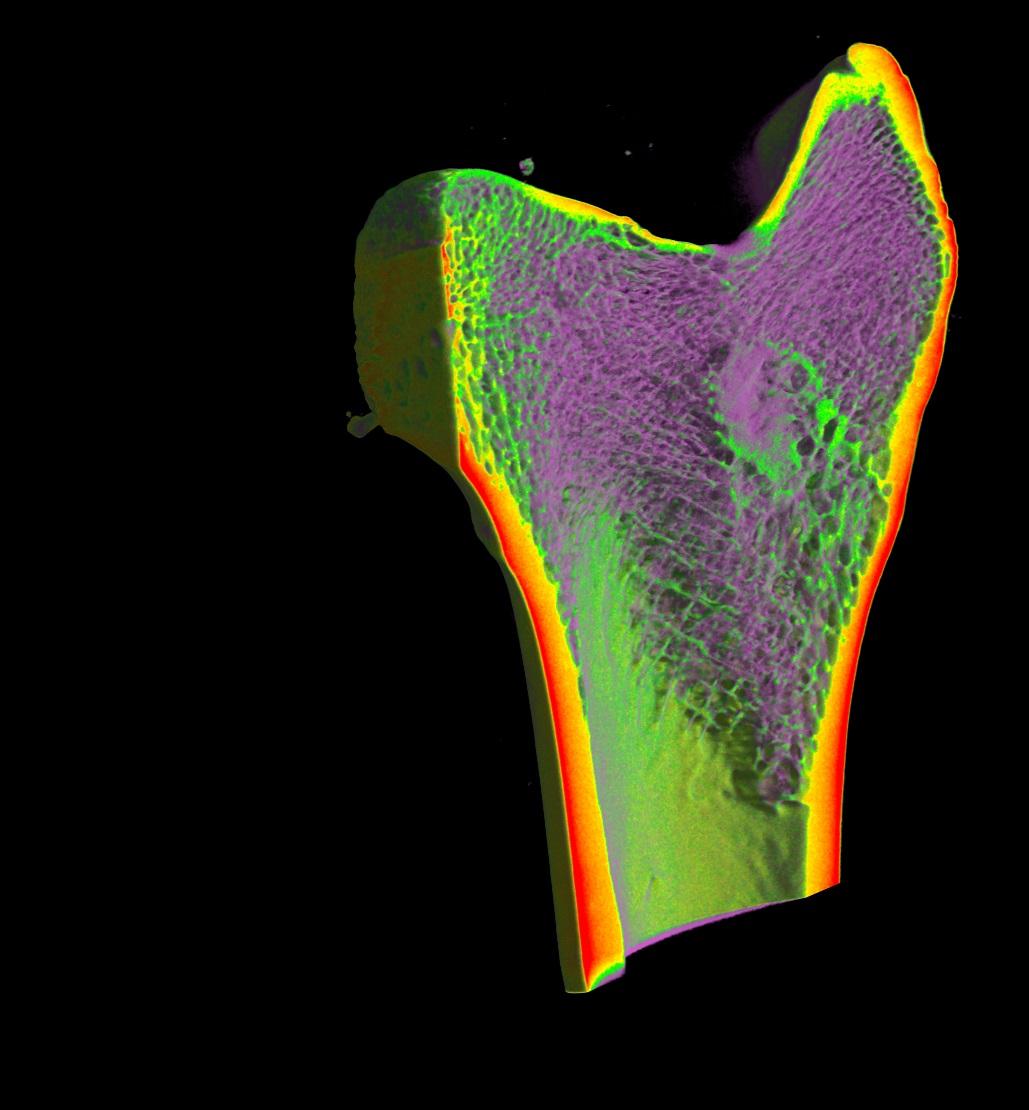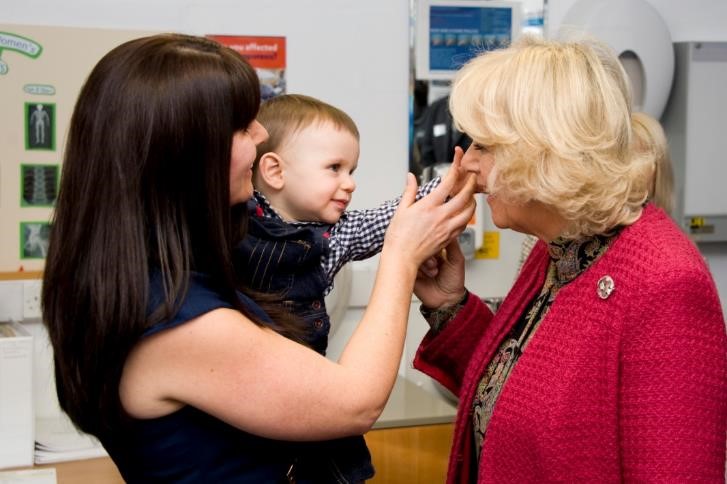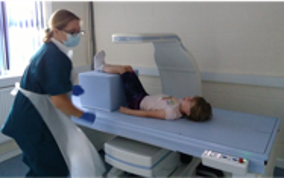
We use lifecourse epidemiological methods to reduce
the population burden of chronic musculoskeletal
disease and disability.
Our Programmes:
Programme 1 – Musculoskeletal health in later life

- The changing descriptive epidemiology of musculoskeletal diseases; osteoporosis (low trauma fractures), sarcopenia (low muscle mass and strength) and osteoarthritis (joint disease) in adult populations.
- The underlying determinants of bone and muscle health across later adulthood.Identify and test novel strategies to optimize muscle and bone health in older age
- Identify and test novel strategies to optimize muscle and bone health in older age
Programme 3: Early development and risk of adult musculoskeletal disease

- To elucidate the risk factors for, and mechanisms which underlie, the developmental origins of osteoporosis and other musculoskeletal disorders; and to develop intervention studies aimed at modifying later disease risk through nutritional and other interventions targeted at critical periods of early development.
Programme 4: Early nutrition intervention studies
Data Sharing
We are keen to maximise the use of data from our cohorts, trials and other studies, and welcome approaches from researchers to explore use of the data. We have a procedure for data sharing to ensure that we preserve the confidentiality of the data and we need to abide by the terms of participant consent for each study. Our model for data sharing is a collaborative one and we work with researchers using the data to support them in the interpretation of the various data variables and of their findings.
If you are interested in using our data, please email the Centre on mrclec@mrc.soton.ac.uk


